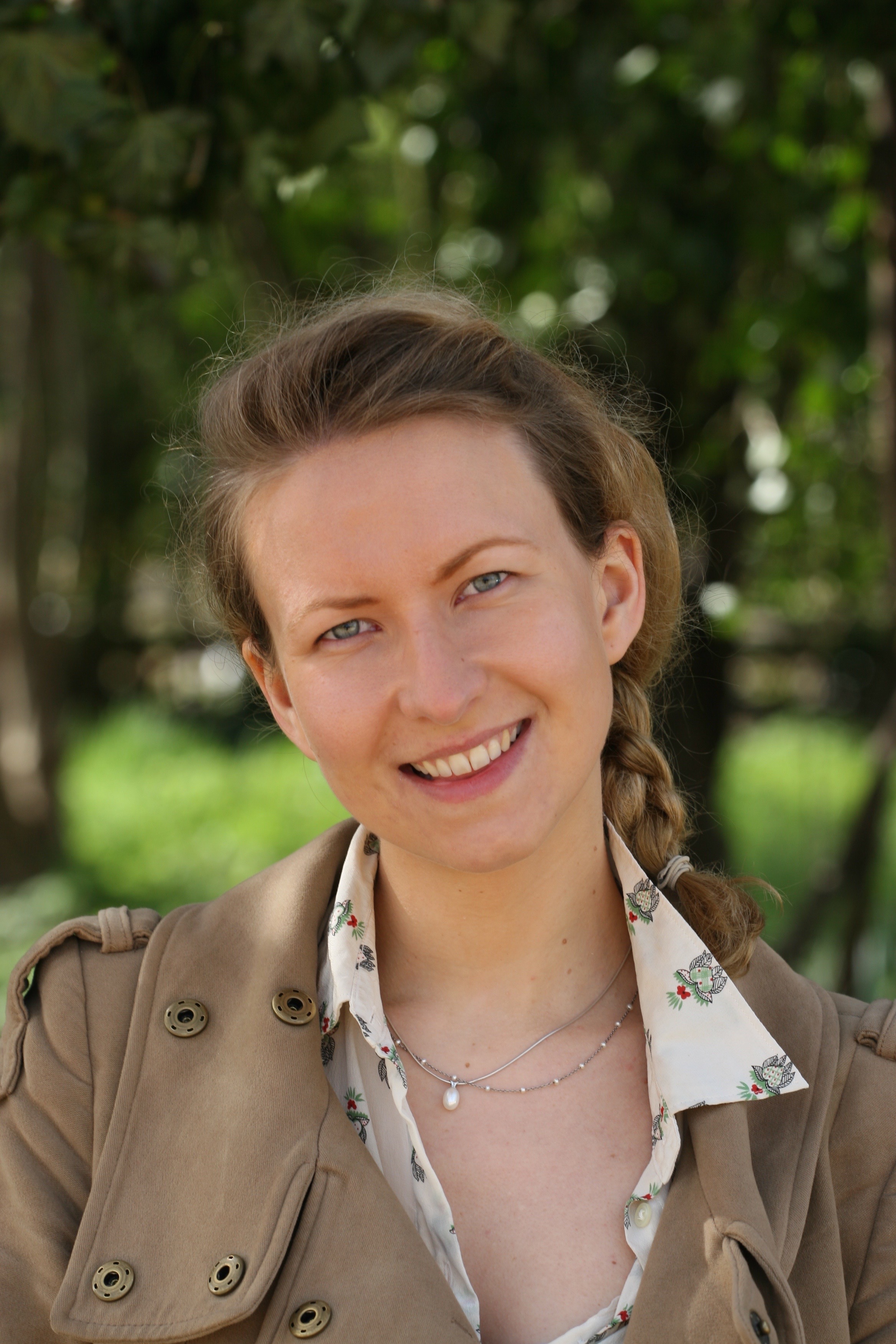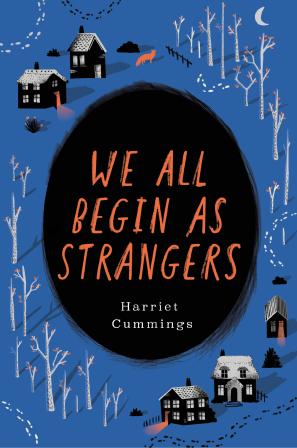
When I started writing my first novel I was clueless about the publishing world. I simply wanted to tell the story that’d been fizzing inside me for a while. Even on starting a course at Faber Academy I didn't really consider the prospect of actual publication. It all felt like pie in the sky.
So I was in disbelief when - six months later - agents were interested in my work. This came after an event organised by Faber where the students read extracts of our novels-in-progress to a room full of agents. Eight people asked me to email them more and I frantically made some last-minute edits to my manuscript before releasing it into the wild.
A week or so later I met with two agents who’d gotten back to me. For some reason, when I'm excited my oddball nature kicks in: I asked to meet two lunchtimes in a row, at the same time, in the same restaurant. And yes, I ate exactly the same meal and sat in the same chair at the same table. Pretty pedantic, I know, but - all other things being equal - I felt able to compare the experiences.
One thing was for certain - it felt bizarre to talk about characters that for so long had just lived inside my head. Over nervous forkfuls of salad, I talked about how the story might develop (at this point I’d only written 25k words) before listening to the advice each agent gave.

Although both lunches were invaluable, I instantly warmed to my now-agent Hellie Ogden who is part of Janklow and Nesbit. She was very easy to talk to, plus brimming with energy for the book and keen to work together on it. (Unlike some agents, Hellie is open to representing authors who don’t yet have a finished manuscript.) Most of all I could imagine having honest discussions with her and - 18 months later - I can see that’s incredibly important. It’s the job of an agent to not only negotiate book deals but - before that - to give feedback on the author’s writing. In my experience, not many people excel at giving frank advice and feedback, so the two of us being able to speak honestly was important to me.
After receiving an offer of representation from Hellie, I considered waiting for other people’s responses to my manuscript but was too dizzy with happiness and - a few days later - decided to go for it. Arguably, I should’ve waited longer; since author-agent relationships can span a whole career, deciding who to go with is a big deal. Although I certainly have no regrets in this area, I can see it’s wise to compare more people (and indeed advice Hellie gave me that I ignored!)
On reading over the contract, I needed an adjustment in my mindset. Suddenly my fun little project of writing a novel was being talked about in legal terms, with dates and dotted lines for my signature. This was my first taste of something I still find strange about the publishing world - I can never quite reconcile the fact that it’s filled with people who devote their careers to celebrating writing, while - at the same time - it’s a business that needs to turn profits. As for the writer, you've got to be professional, to understand the business and to take it seriously, while keeping things in perspective too, for example, keeping up the day job and realising most novels don’t become overnight successes.
My advice when finding an agent? I’d say try to keep a cool head (unlike me) and take your time in choosing. Consider the long-term opportunities that come with each agent - for example, their contacts in the TV and film world - and don’t be afraid to ask lots of questions!
This blog post is part of a series by Harriet Cummings. Please watch out next week for her advice on getting a book deal.
Harriet is a freelance writer based in Leamington Spa. Her debut novel We All Begin As Strangers will be published by Orion this April and you can follow her on Twitter @HarrietWriter.
Comments